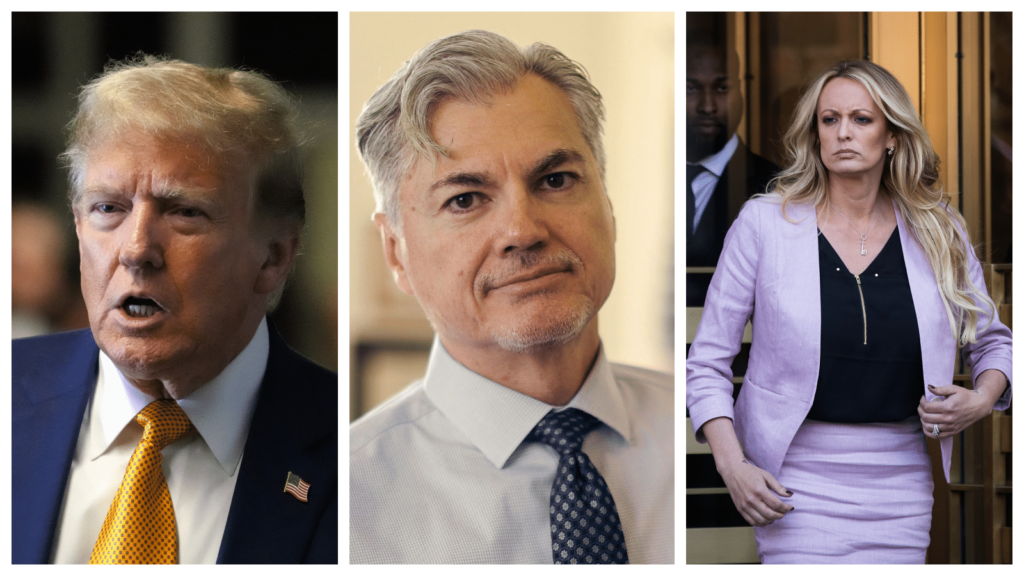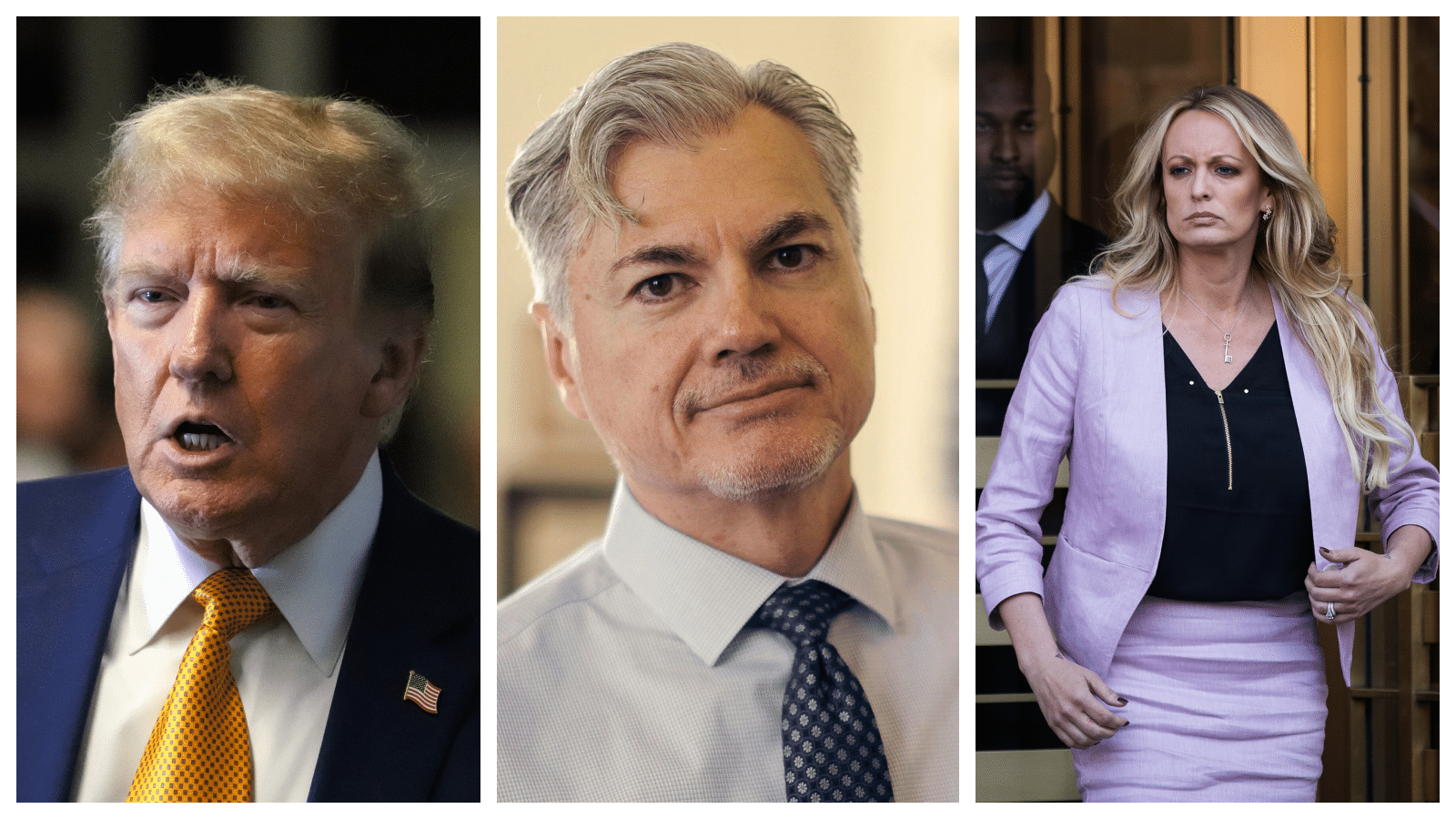
President-elect Donald Trump’s lawyers and the Manhattan district attorney’s office have agreed to defer hush money lawsuit action until November 19 to allow them to make new arguments about how his election triumph affects the case.
Following this summer’s Supreme Court verdict on presidential immunity, Judge Juan Merchan was set to rule Tuesday on whether to invalidate the corporate fraud conviction. Both sides accepted a deadline delay motion.
“The people agree that these are unprecedented circumstances and the arguments raised by defense counsel in correspondence to the People on Friday require careful consideration to ensure that any further steps in this proceeding appropriately balance the competing interests of (1) a jury verdict of guilt following a trial that has the presumption of regularity; and (2) the Office of the President,” prosecutor Matthew Colangelo wrote to the judge.
Trump’s attorney, Emil Bove, argued the charges should be dismissed.
“The stay, and dismissal, are necessary to avoid unconstitutional impediments to President Trump’s ability to govern,” Bove wrote.
🚨BREAKING: Judge Merchan delays ruling on Trump business records case pic.twitter.com/LiCEIGq0CE
— Benny Johnson (@bennyjohnson) November 12, 2024
BREAKING: Justice Merchan has granted a request from prosecutions/defense to pause deadlines — including Trump’s sentencing date — while they consider the effect of his election as president. https://t.co/LaeJlAyTDi pic.twitter.com/SAHVbo3HbG
— Kyle Cheney (@kyledcheney) November 12, 2024
Following the US Supreme Court’s decision in June that Trump should have broad protection for official acts while in office, Trump is now trying to get his convictions overturned on 34 counts of falsifying business records.
This has helped Trump delay his punishment twice. The Supreme Court’s decision on immunity put Trump’s DC federal election subversion case on hold indefinitely. Special counsel Jack Smith is discussing ending Trump’s federal cases with Justice Department leadership.
Trump claims the case should be dropped or his conviction annulled because the district attorney’s office used evidence from his first term as president that should not have been submitted to the jury.
The Manhattan district attorney “violated the Presidential immunity doctrine and the Supremacy Clause by relying on evidence relating to President Trump’s official acts in 2017 and 2018 to unfairly prejudice President Trump in this unprecedented and unfounded prosecution relating to purported business records,” Trump’s attorneys wrote in July. “Much of the unconstitutional official-acts evidence concerned actions taken pursuant to ‘core’ Executive power for which ‘absolute’ immunity applies.”
The office of Manhattan District Attorney Alvin Bragg said that Trump should be found guilty and that the evidence provided at his trial was “overwhelming.”
Prosecutors say that the Supreme Court’s decision about proof doesn’t apply to this case because Trump was found guilty of crimes that were not “official acts” as president, like changing business records to meddle in the 2016 election.
In court papers, Trump’s lawyers said that the jury shouldn’t have heard evidence from White House staffers Hope Hicks and Madeleine Westerhout or seen tweets Trump sent while he was president.
Trump’s lawyers said that the jury shouldn’t have heard any of Hope Hicks’s evidence about what happened in 2018 when she was the White House Communications Director.
Lawyers for him wrote that the Supreme Court decision “specifically forbids prosecutors from offering ‘testimony’ from a President’s ‘advisors’ for ‘probing the official act.’”
Trump’s lawyers also said that while he was president, he used his Twitter account as “one of the White House’s main vehicles for conducting official business.”
Because of this, they said that tweets from Trump’s official social media account, such as a series of posts in 2018 denying the Stormy Daniels hush money scheme, should not have been used as evidence in the trial.
The prosecutors replied that Trump’s lawyers didn’t object to most of the evidence they are now questioning during the trial, so they couldn’t now question it after the trial.
